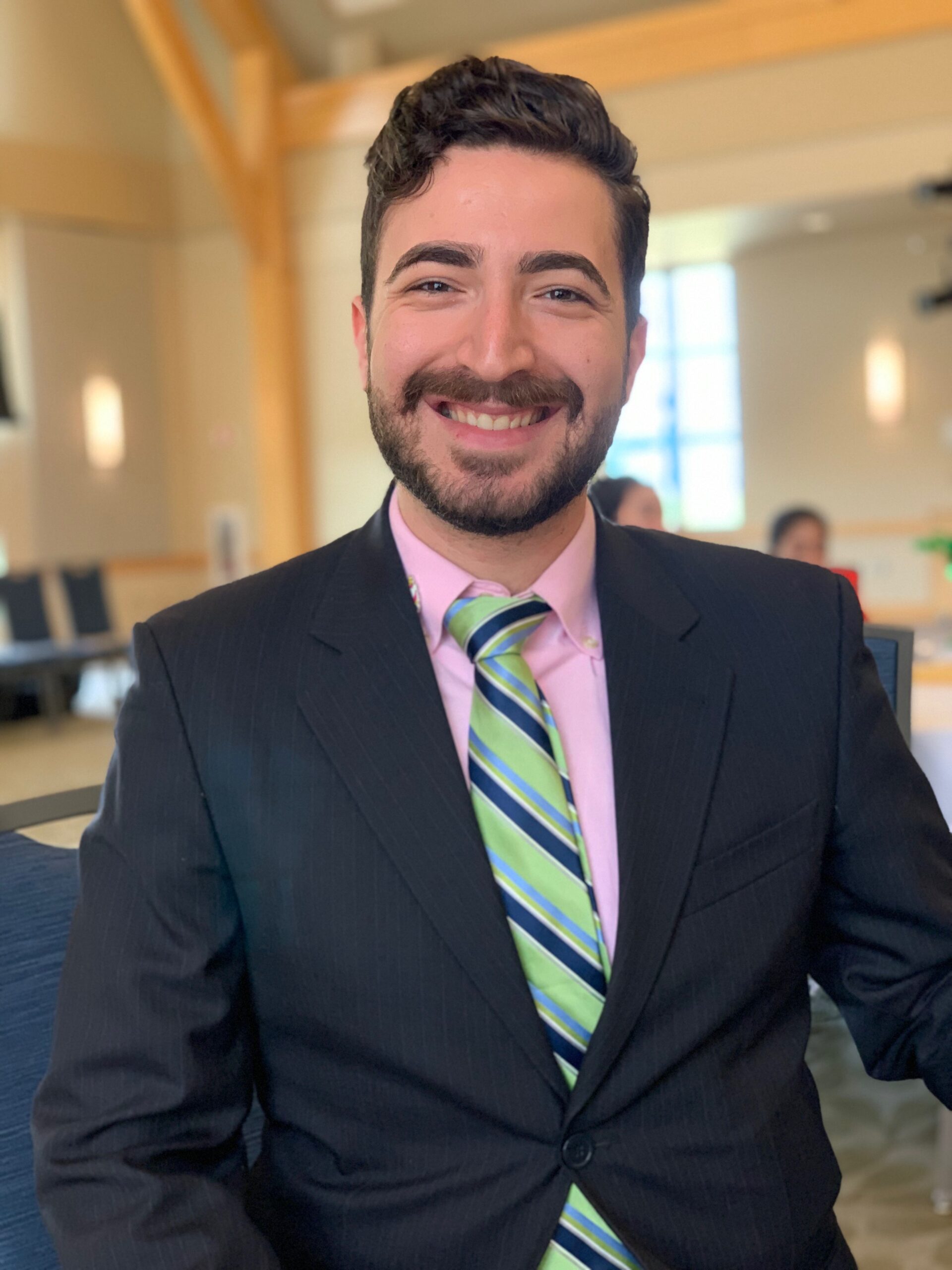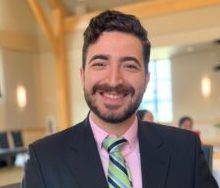WHEN I was fifteen years old, I was raped by two men. I was living in Syria where I was born and raised. I met the two men on some obscure chat room. I remember getting into a car to go somewhere and getting in a car to go back home. The rest is a blur. I don’t remember many of the details of that night. I do remember going home feeling okay. I wasn’t upset, I wasn’t scared, I wasn’t in pain.
This was my first sexual experience as a gay man. Part of me thought: ”This is what’s supposed to happen.” Most gay people in Syria don’t have many role models of healthy relationships growing up; I certainly did not. I learned to be gay in a country where the law would not protect me when my body was violated, but would be more likely to punish me. Homosexuality is a crime in Syria. Despite the risks, I was so confident in my identity and so desperate for intimacy that I “dated” people who were bad for me, stayed in toxic relationships, and tolerated behavior from intimate partners that I would not tolerate now (at age 26).
I moved to the U.S. for college, got a BA and an MA, and then started my doctorate. Over the last six years, I have realized that this is where I want to be. This is where I need to be to be safe, and to succeed. This is also where I need to be to have fulfilling and healthy relationships, to date, to fall in love, and to do what makes me happy. So, I started to actively pursue asylum in the U.S.
Seeking asylum was one of the most difficult processes I have ever gone through. The most important part is the interview. You have to prove that you have a legitimate fear of returning to your country. The more details you can add to your story, the more likely you are to be considered for asylum. You sit in a room with complete strangers and tell them your deepest and darkest fears. You meet with a total stranger, a lawyer, and answer their questions: “What have you experienced in the past? Are you afraid? What are you afraid of?”
Then you write your personal statement, which is another important part of the process. It turned out they needed to have me prove that I’m gay, which I found to be very amusing. I jokingly asked: “Well, I don’t have a gag reflex—does that work?” The lawyer said no. I wrote about the first time I realized I was gay, and my first sexual experiences with those two men.
There was a heavy air in the room as the lawyer asked me to elaborate on what happened, how it felt, and what I did. I had buried that night for so many years, but at that moment it all came rushing back. The smells, the feeling of the couch, the pain, the breath of the men, the shame. So much shame! The lawyer looked at me and said: “That sounds like rape.”
I laughed through my entire interview, giggling like a bonehead. As I told the stories, I did not use the word rape. My lawyer was taking notes and wrote on the margins “rape,” and then underlined it three times. If anyone had told me this story, I would have thought of it as rape. Why had I never thought of it as such? Why did the word ‘rape’ feel so heavy?
I think part of me always perceived an assault as an event; it occurs at a specific moment in time and then ends. I came to realize that trauma is much more insidious; it goes under your skin. It’s in the back of your mind telling you things about yourself, about the people around you. It whispers thoughts about your worth, your image, how you’re perceived in the world. I have been carrying my rape with me for ten years. It showed up in every failed relationship, every hookup, every trip to a gay bar, every time I logged on to Grindr. My initiation into sexual life was nonconsensual, coercive, and illegal. I was raped.
I used to tell people that my life was turned upside down when I realized I was gay in Syria. Part of me always blamed being gay for the hard times: the insecurities, shutting people out, losing family and friends, losing my home. But maybe it isn’t being gay but how others forced me to give up my body agency, to be a mere sexual object, to be submissive, and to feel like “I asked for it.”
My asylum case is still pending, so the future is still uncertain. Part of the healing process is acknowledging what happened, and today I’m taking another step toward healing. So. here’s to coming out for a second time: I am a survivor of sexual assault.
For victims of sexual assault, call the National Sexual Assault Telephone Hotline at 800-656-HOPE (4673).
 Musbah Shaheen holds a master’s degree in higher education and student affairs from the University of Vermont and is currently pursuing a PhD in educational studies from Ohio State.
Musbah Shaheen holds a master’s degree in higher education and student affairs from the University of Vermont and is currently pursuing a PhD in educational studies from Ohio State.






